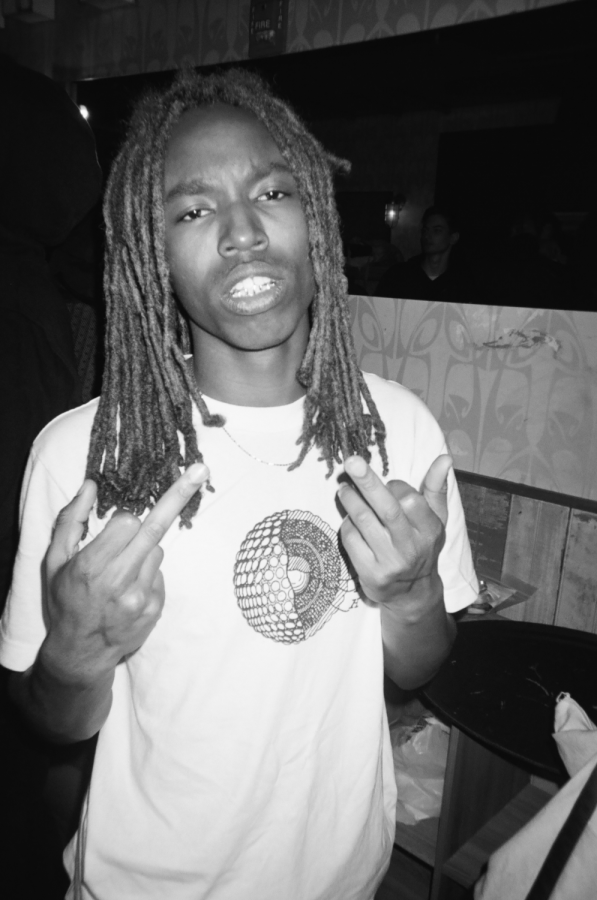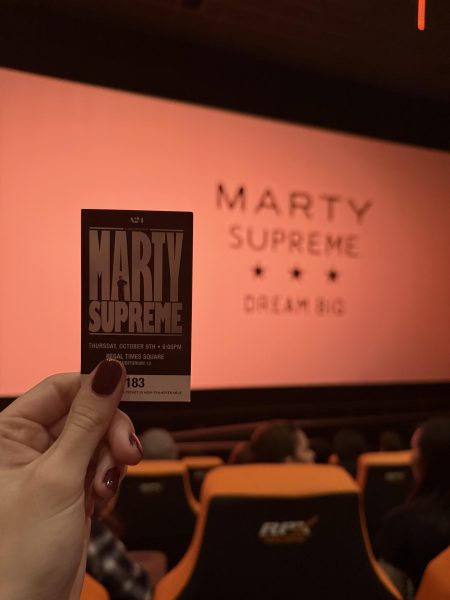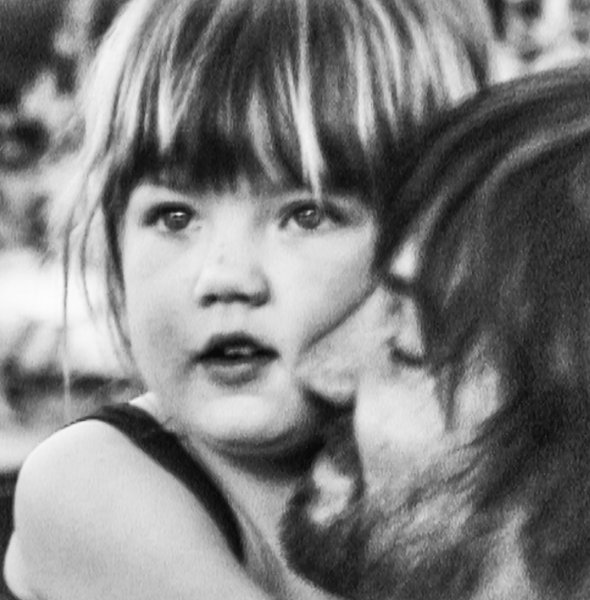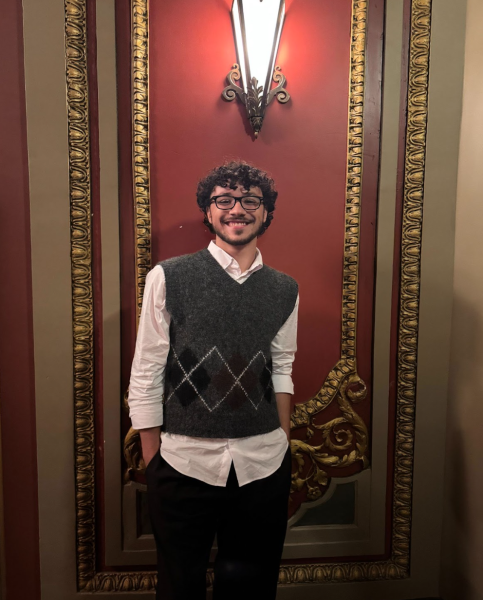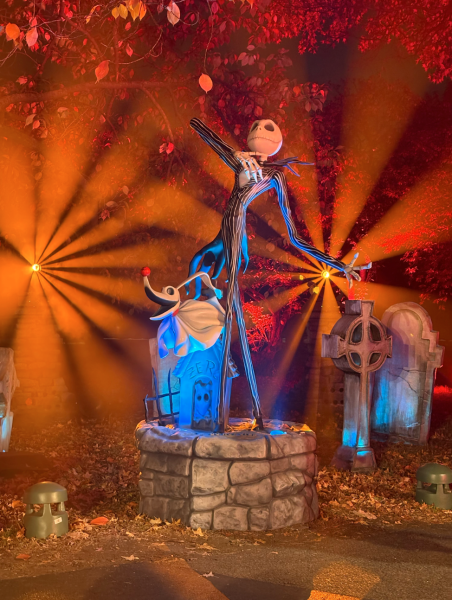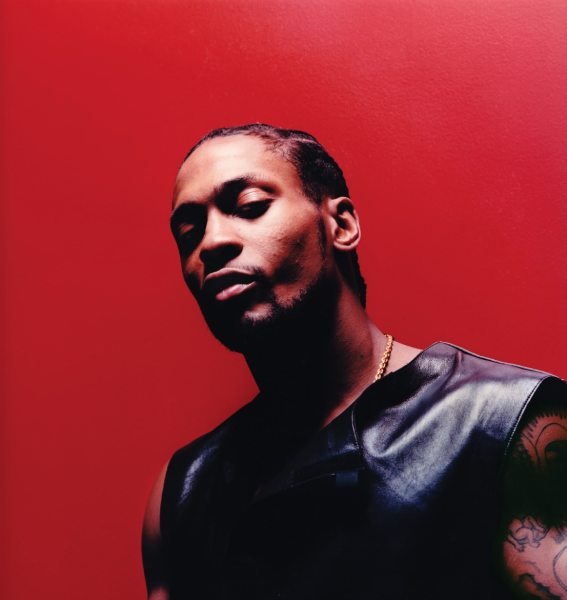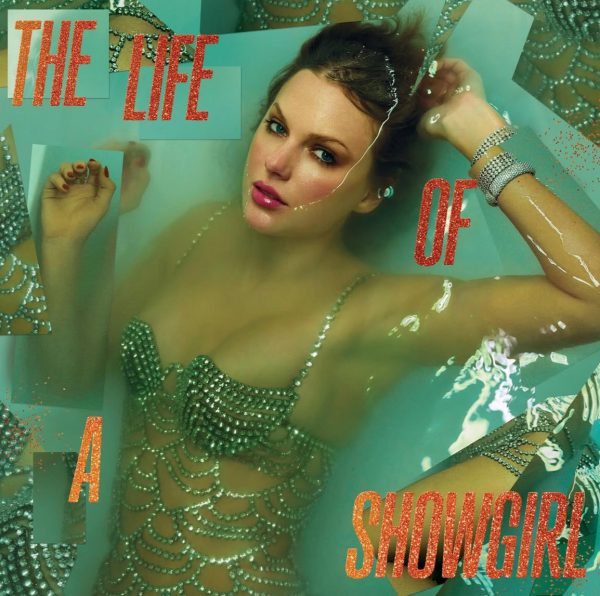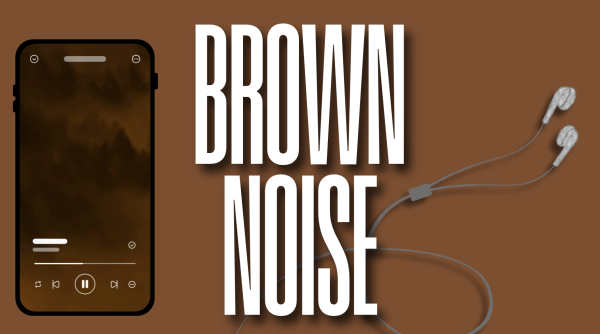Letting the Sun Talk: An Interview with Mavi
Mavi makes the type of music you have to read to comprehend, and he doesn’t intend on changing that.
The 20-year-old Charlotte native simultaneously runs the underground rap scene and balances his academic career as a biology major at Howard University. His debut record “Let The Sun Talk,” which dropped in October, was met with universal praise and was a necessary inclusion for any “best of 2019” lists.
His music plays like a slow-burning confessional, with help from some of underground hip-hop’s most renowned producers, like ovrkast. and Earl Sweatshirt. His songs are immune to passive listening, with full consciousness and a ready thesaurus necessary for any dive into his discography.
The sold-out show at Baby’s All Right was packed tight with not only eager fans, but some of the best talent this pocket of hip-hop has to offer. Accompanied by fellow underground artists Medhane, Maxo, Slauson Malone, Kahlil Blu and MIKE, Mavi performed a supreme showing for his first show in New York City. His dedicated fanbase came out in full force, rapping almost every line of his complex musical offerings. The most touching moment of the event was when Mavi invited his family onto the stage for a full immersion into the community his music has created. After the show, Mavi sat down with The Fordham Ram to talk about reincarnation, his family and Lil Keed.
Q: When I read your interviews or hear your lyrics, I think you almost have this timeless essence, like you are eternal. Are you?
A: No, I gotta die. Like all things.
Q: The other day when we talked, you said it felt like you have died and come back a bunch. What does that experience entail?
A: It mean you become a different person by going back to who you was.
Q: You have corralled a cult following on the internet, somehow without gimmicky marketing ploys or social media manipulation. Is that something you are conscious of, or is it just purely organic?
A: I’m a cult leader.
Q: Where do you see yourself in 10 years?
A: Making the people who I care about happier.
Q: When I listen to your music, sometimes I am marveled that music was the medium you chose to express yourself. Why do you think that was the best way to compose your ideas?
A: Because it’s a medium that no one can disqualify me from, in specifically hip-hop, that no one has greater ownership of than me.
Q: Your confidence on the mic is extremely developed for someone your age. Where do you think that comes from? Do you think that’s learned or that you’re born with it?
A: Definitely learned. But it was learned from birth, so …
Q: So it’s kind of both?
A: Yeah.
Q: Your songs are so multi-faceted and eclectic that the ideals behind them might be up to interpretation. Do you care about how they are interpreted by your audience?
A: Only by black people.
Q: You’re gearing up for your follow-up to “Let The Sun Talk,” even though in your pocket of hip-hop, we usually see artists take time between projects. Yet your workflow and release style is more of a DatPiff style (DatPiff is a free mixtape sharing website popularized in the early 2010s).
A: Yeah, I’m a mixtape rapper in my heart, bro. I wanna drop like Gucci Mane and just so I can have the music and the discography underneath me, so I can make the decisions I want and chill when I want to later.
Q: You say you listen to Future and Lil Keed because “they do what I can’t,” so what is it about their music specifically that you feel like you can’t do?
A: Future paints really, really, really vivid pictures of situations that will put you back into an emotional real life, even though he’s not talking about it at all. And Keed, he’s like glued to a kick drum when it’s time. His timing is impeccable.
Q: What’s the most strenuous part of being a student and an artist simultaneously? Blackboard? (The student-teacher tracking website used by most universities.)
A: Nah, having to code-switch.
Q: You’ve been completely independent up until this point, but recently you have been touring around labels while in New York. What are your thoughts on signing, and what sort of deal, non-specifically, would satisfy you?
A: One that could help me change all my family life and that could allow me to make the best album I want to make.
Q: Can you speak specifically about “Love, Of Money” and the concept of how it relates to the “black tax”?
A: It’s about the black tax because “my wallet in my rib cage, I love love enough for comfort knowing money go with it.” Like, love go with money, when money is spread unequally and love ain’t. It’s a deficit, but whatever.
Q: Who are you greatest influencers?
A: My momma and my sister.



































































































































































































